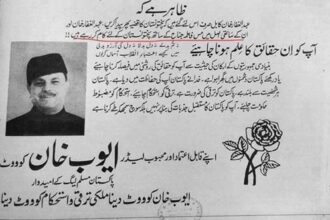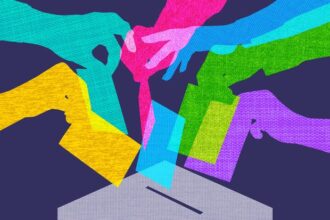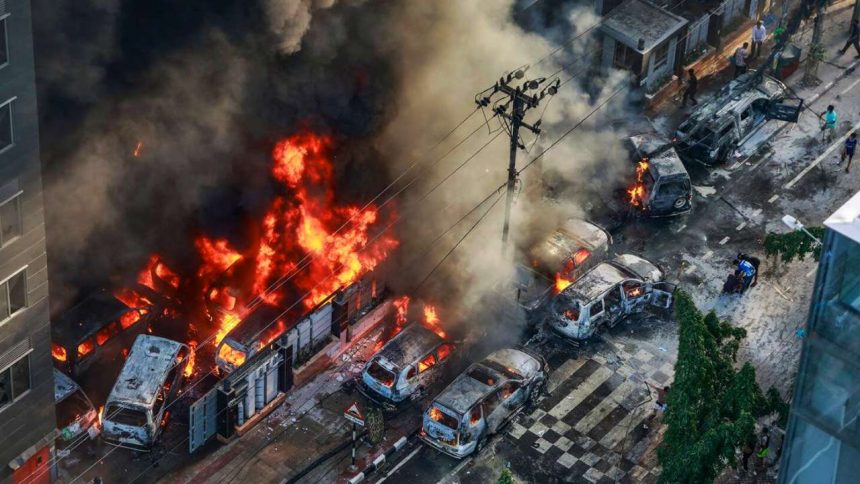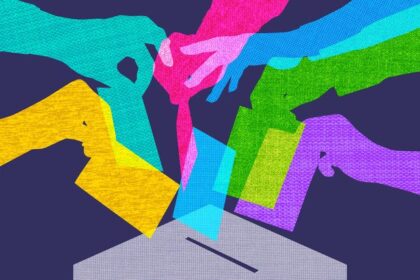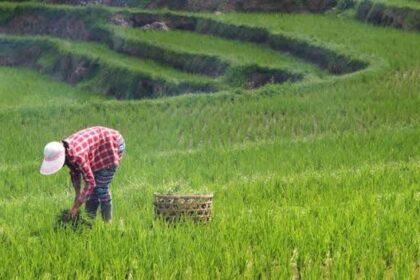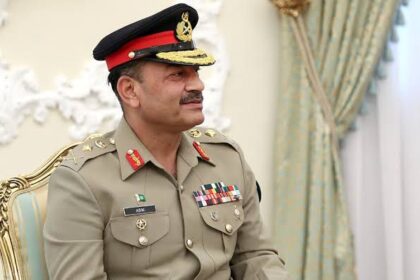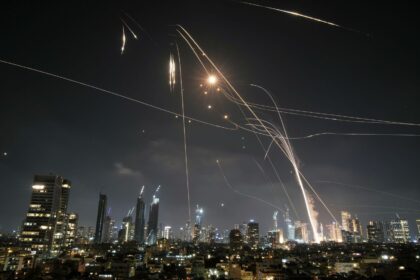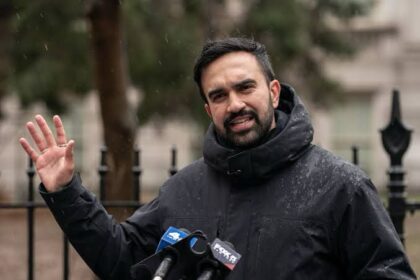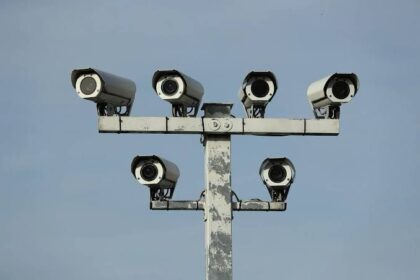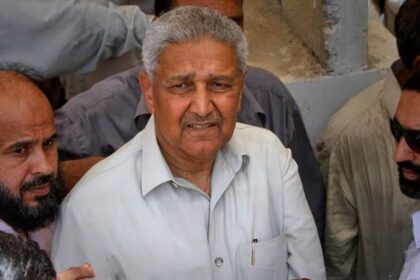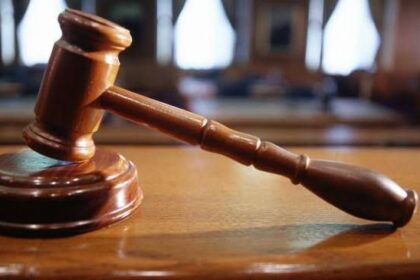Deaths, anger and grief. These words sum up what the people of Bangladesh have experienced during the last three days. And now, the word “shutdown” is all set to play the lead role today (Thursday).
All but essential services will come to a halt, said an organizer of the protests, as the call for a nationwide shutdown was given by the group after the death of at least six people, including three students, as a result of the local police’s attack on university campuses, where students and teachers had been protesting the reinstatement of a 30 percent quota in government jobs for family members of war veterans.
The protests began peacefully on July 1, but they turned violent on Tuesday when protestors came face-to-face with police and members of Prime Minister Sheikh Hasina-backed Awami League’s student wing.
The Dhaka University was the epicenter of the unrest, where police fired tear gas and rubber bullets at the peaceful protestors, besides baton-charging them. Soon the violence spread to other major cities like Chattogram and Rangpur, leaving hundreds injured, some very seriously. Thousands of protestors, including women, have been targeted and injured in the last two days alone.
Wednesday also say members of the main opposition party getting arrested on the charges of instigating violence. The police raided the party’s headquarters and booked the members. The opposition said the government just wanted to divert attention from the raids though such raids.
Amnesty demands accountability
Meanwhile, the government’s actions have started drawing global attention and condemnation. Coupled with that are concerns from international human rights organizations like Amnesty International. The human rights body issued a strong statement on Thursday, impressing upon the seriousness of the situation.
It said that witnesses’ testimonies and video/photographic evidence had been analyzed, which confirmed the Bangladeshi police used illegal force against protestors. The amnesty said the evidence clearly pointed to a disturbing pattern of violence perpetrated over the years by members of the Bangladesh Chatra League (BCL), a group affiliated with the ruling party. The statement condemned the killing of student Abu Sayed and the attacks on quota reform protestors across the country.
Delivering the statement, the Amnesty’s Regional Researcher for South Asia Taqbir Huda urged Bangladeshi authorities to respect the right to peaceful assembly and protect protestors from further harm. He said the international rights body had verified videos of students who had been attacked in the streets and even inside hospitals.
A protestor, who identified himself as Amit, recounted the horrors he witnessed at the Dhaka University, where peaceful demonstrators were attacked with bricks and iron rods. Another verified video showed men wielding weapons as they tried to enter the Dhaka Medical College Hospital (DMCH) where injured protestors were being treated. Rima, another student at Dhaka University, described a second round of attacks at the hospital, saying the police just stood by as BCL members assaulted the injured protestors. The reason Abu Sayed’s death was specifically mentioned in the Amnesty’s statement was that the police had shot him from a close range using 12-gauge shotguns despite the fact that such weapons are designed for hunting.
The Amnesty urged the Bangladeshi government to make sure that all those injured received proper medical treatment and rehabilitation. It also demanded that those responsible for the attacks on peaceful protesters be held accountable.
Meanwhile, PM Hasina called for patience and urged protestors to wait for a new Supreme Court decision on the quotas. In a televised address on Wednesday, she expressed “deep regret” over the casualties and announced a judicial inquiry into the deaths. However, her assurances have done little to control the anger in the streets.
Her critics say the government used heavy-handed tactics to suppress the opposition, like the occasional disruption of social media platforms like Facebook and WhatsApp, and the recent arrest of opposition members for no apparent reason. Many view such actions as the government’s unwillingness to tolerate opposition, and that perception added fuel to fire.
Dar orders safe return of Pakistani students
Moreover, Pakistan’s Foreign Minister Ishaq Dar reportedly instructed the Embassy officials in Dhaka to ensure the save return of its students amid unrest in Bangladesh. He also talked to Syed Maroof, the High Commissioner (HC) in Bangladesh to get the firsthand knowledge of the Pakistani students’ condition. The high commissioner told Dar that they had set up a dedicated helpline to help Pakistani students stranded in the danger zone.
According to a statement, the Pakistani students have been advised to not to get themselves involved in the protests. It also advised campus residents to stay in their hostels until things settle down or arrangements made for their safe return.

